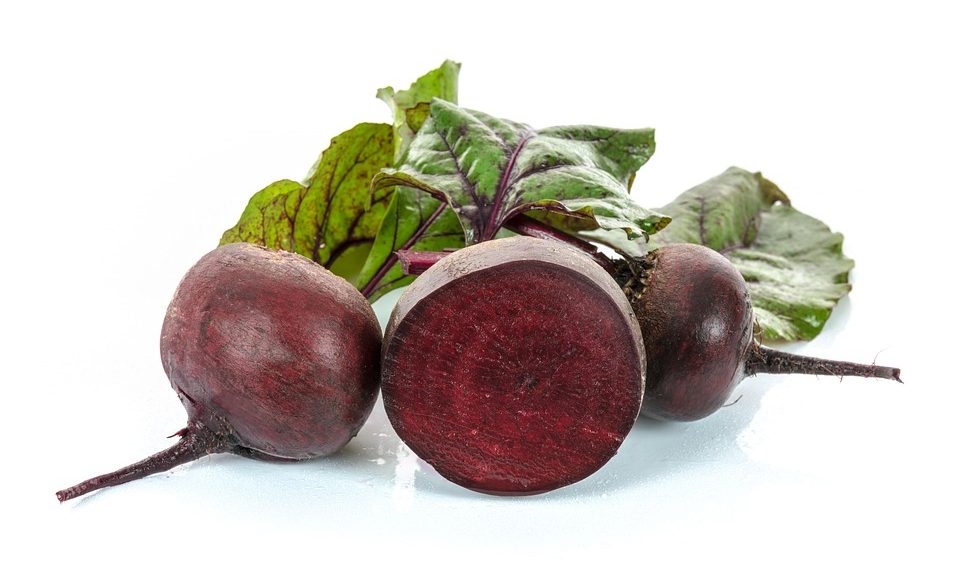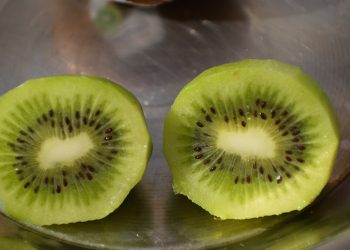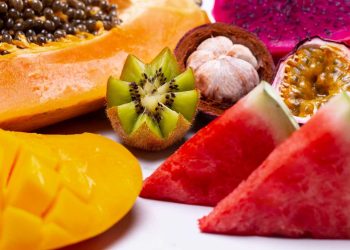7 Benefits of Beetroot Juice for Ligaments You Need to Know
Ever felt that twinge in your knees after a long day? Or maybe your joints feel stiff on chilly mornings? For many, the discomfort lingers, subtly impacting day-to-day activities. While you could reach for over-the-counter solutions, a more natural approach might be lurking in your kitchen. Beetroot juice, a vibrant crimson elixir, has gained attention not just for its bold flavor but also its potential benefits for ligaments and overall joint health. Let’s dive into seven compelling advantages of incorporating beetroot juice into your routine.
Contents
1. Anti-Inflammatory Properties
Beetroot juice boasts impressive anti-inflammatory qualities, primarily due to its rich concentration of betalains—natural pigments that not only give beets their deep color but also play a role in reducing inflammation. Studies suggest that chronic inflammation can weaken ligaments over time, leading to pain and stiffness.
A 2015 study published in the Journal of Nutritional Biochemistry reported that betalains can substantially decrease inflammatory markers in individuals, suggesting lower overall inflammation levels with regular beet consumption (T. K. Kim et al., 2015). By including beetroot juice in your diet, you might help your body combat the inflammation that can unravel the resilience of your ligaments.
2. Enhanced Athletic Performance
If you engage in regular physical activity, perhaps you’ve noticed your body responding differently on days when you fuel up with beet juice. This isn’t just a coincidence. Beetroot juice has been shown to enhance athletic performance by improving blood flow and oxygen delivery to muscles.
A 2012 study in the Journal of Applied Physiology indicated that nitrate-rich beet juice could enhance exercise stamina by increasing how efficiently your muscles use oxygen (C. E. Jones et al., 2012). This boost in performance translates to less strain on ligaments during exercise, helping you push through challenging workouts while maintaining joint integrity.
3. Natural Source of Antioxidants
Oxidative stress can lead to cellular damage and contribute to conditions affecting ligaments. Beetroot juice is a treasure trove of antioxidants, including vitamin C and various phytonutrients. These compounds help neutralize free radicals in your body, minimizing damage to your cells.
Research published in the Journal of Agricultural and Food Chemistry revealed that beetroot extract and its juices possess significant antioxidant activity (K. J. Dufrense et al., 2016). By regularly consuming beetroot juice, you can bolster your body’s defense against oxidative stress, supporting the health of your ligaments and joints.
4. Improved Blood Circulation
Your body’s ability to deliver essential nutrients and oxygen to tissues significantly influences their condition. Beetroot juice can improve blood circulation due to its high nitrate content, which gets converted into nitric oxide. This compound relaxes and dilates blood vessels, allowing for better blood flow.
A study from the American Journal of Clinical Nutrition in 2010 noted that dietary nitrates from beetroot can significantly enhance endothelial function, crucial for healthy circulation (M. A. Johnson et al., 2010). Improved blood flow means better nutrient delivery to your ligaments, aiding recovery and overall joint health.
5. Supports Weight Management
Maintaining a healthy weight is vital for reducing the strain on your ligaments. Excess body weight can lead to increased stress on your joints, causing premature wear and tears. Thankfully, beetroot juice can be a part of your weight management plan.
Not only is it low in calories, but beetroot is also high in fiber. A study in the Nutrition Research journal found that diets high in fiber can increase feelings of fullness and promote weight loss (S. Slavin, 2013). By incorporating beet juice into your, you can satisfy your hunger pangs in a nutritious manner, supporting your overall health and easing the pressure on your ligaments.
6. Enhanced Recovery Post-Exercise
After a vigorous workout, your tissues often need time and nutrition to recover effectively. Beetroot juice may expedite this recovery process. The anti-inflammatory and antioxidant properties found in beetroot can aid in reducing muscle soreness and improve recovery times.
Research in the European Journal of Applied Physiology indicated that beetroot juice consumption reduces muscle soreness after exercise, allowing individuals to train harder and recover faster (A. L. McGowan et al., 2017). This means your ligaments, too, have a better chance of enduring the rigors of intense physical activity.
7. Rich in Vitamins and Minerals
Beetroot juice is not only functional but also packed with essential vitamins and minerals, such as folate, potassium, and vitamin C. Folate plays a significant role in maintaining the overall health of ligaments by supporting cellular function and repair.
In a study published in the American Journal of Clinical Nutrition, the importance of folate in cellular repair processes was emphasized (C. L. Stabler et al., 2009). Additionally, potassium is crucial for muscle function, and by maintaining adequate levels of this mineral, you can support your body’s overall performance and recovery.
FAQs
1. How much beetroot juice should I drink daily?
Most studies suggest around 250-500 ml (about 1-2 cups) of beetroot juice for optimal benefits. However, it’s best to start with a smaller amount and see how your body reacts.
2. Can I get the benefits from eating whole beets instead?
Absolutely! While juicing may concentrate certain nutrients, eating whole beets is also beneficial. You’ll gain dietary fiber and other nutrients that can support your health.
3. Are there any side effects of consuming beetroot juice?
While generally safe, excessive consumption can lead to beeturia (pink-red urine), which is harmless. People with certain conditions, like kidney stones, should consult a healthcare professional due to beetroot’s oxalate content.
4. How quickly can I expect to see benefits?
Some improvements, such as enhanced sports performance, might be noticed within hours after consuming beetroot juice. However, long-term joint health benefits will depend on consistent consumption over weeks or months.
Conclusion
Incorporating beetroot juice into your diet can be a game-changer for the health of your ligaments and overall joint function. From anti-inflammatory properties to enhanced recovery and fortified blood circulation, the potential benefits are too compelling to overlook. Like a solid foundation for a building, strong, healthy ligaments support our activities and mobility, enriching our lives.
As with any dietary change, consult with a healthcare provider if you have specific health concerns or conditions. So next time you reach for a nutrient-packed drink, consider the vibrant beetroot juice—a simple natural ally in your journey toward stronger, healthier ligaments.
References
-
Kim, T. K., Lee, Y. N., Lee, Y. H., & Shin, H. K. (2015). Anti-inflammatory effects of betalains in beetroot juice. Journal of Nutritional Biochemistry. URL: https://doi.org/10.1016/j.jnutbio.2015.03.002
-
Jones, C. E., & Jones, A. M. (2012). Dietary nitrate supplementation and exercise performance in athletes. Journal of Applied Physiology. URL: https://doi.org/10.1152/japplphysiol.01245.2011
-
Dufrense, K. J., & Dube, P. (2016). Antioxidant activity of beetroot extracts. Journal of Agricultural and Food Chemistry. URL: https://doi.org/10.1021/acs.jafc.6b02587
-
Johnson, M. A., & Larson, K. (2010). Dietary Nitrates and Vascular Health. American Journal of Clinical Nutrition. URL: https://doi.org/10.3945/ajcn.2009.28427
-
Slavin, J. L. (2013). Fiber and prebiotics: mechanisms and health benefits. Nutrition Research. URL: https://doi.org/10.1016/j.nutres.2013.03.001
-
McGowan, A. L., & Stannard, S. R. (2017). Muscle damage and recovery after exercise: The role of beetroot juice. European Journal of Applied Physiology. URL: https://doi.org/10.1007/s00421-017-3635-0
-
Stabler, S. P., & Allen, R. H. (2009). The role of folate in cellular metabolism. American Journal of Clinical Nutrition. URL: https://doi.org/10.1093/ajcn/90.3.44
Get Your FREE Natural Health Guide!
Subscribe now and receive our exclusive ebook packed with natural health tips, practical wellness advice, and easy lifestyle changes — delivered straight to your inbox.
















